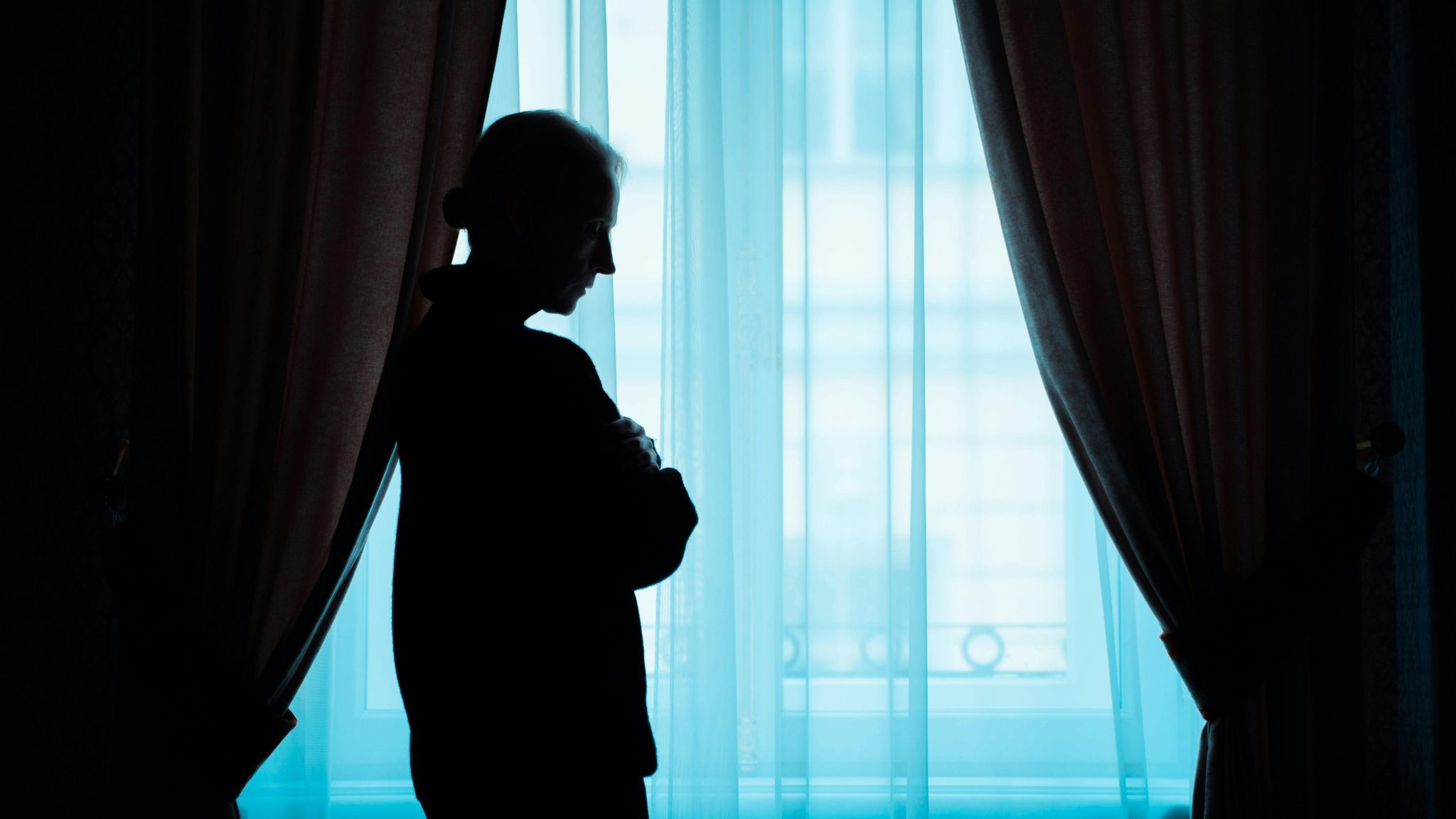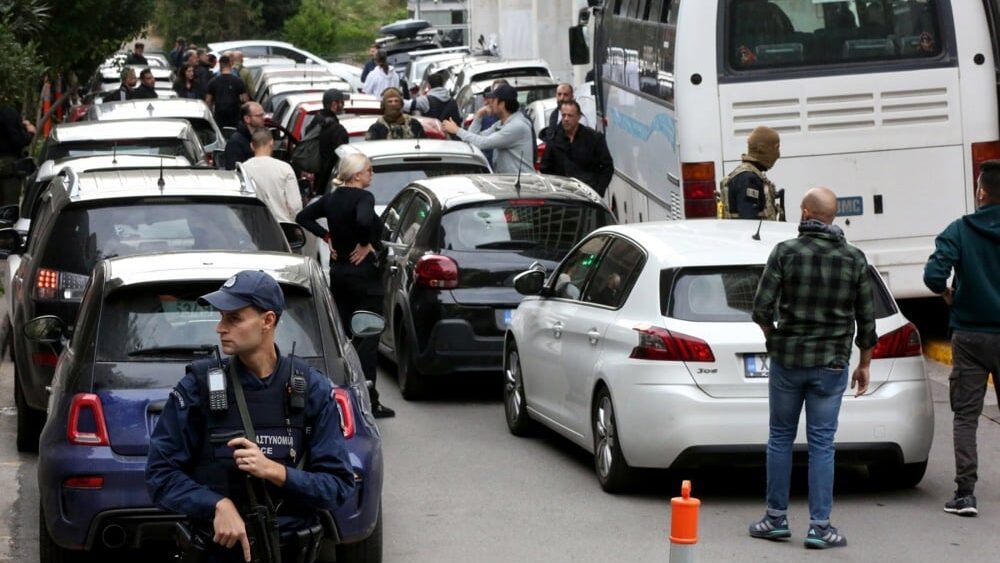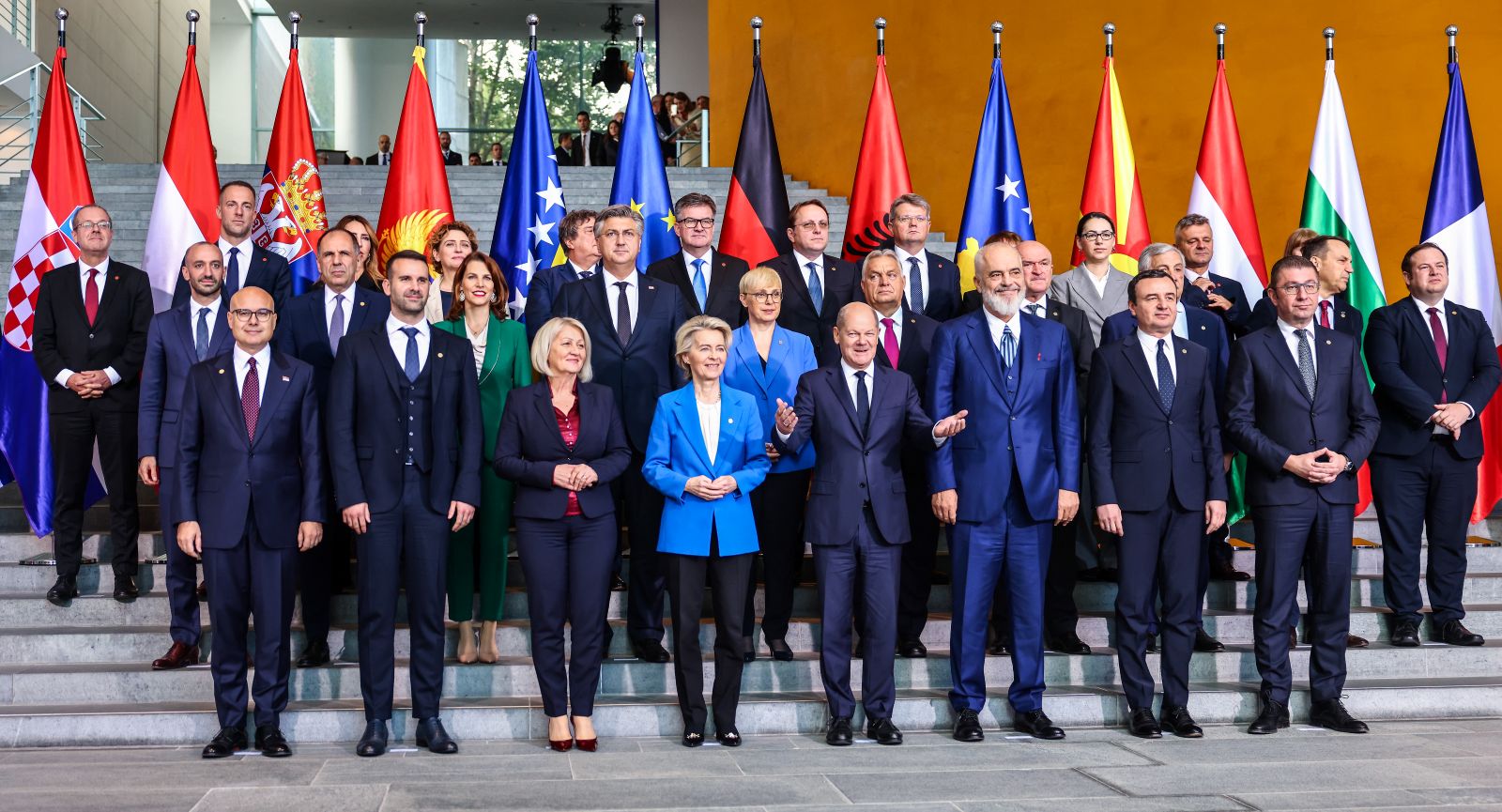Balkan Countries Turn Blind Eye to Growing Loneliness
Source: Balkan Insight
A European Union 2022 survey, Loneliness Prevalence in the EU, found that on average, 13 per cent of respondents had reported feeling lonely most or all of the time over the previous four weeks, while 35 per cent had reported being lonely at least some of the time.
Some countries recognise the scale of a growing problem.
The UK government in 2018 launched the world’s first ministerial lead to tackle loneliness. Japan followed suit in 2021, when it appointed a minister for loneliness.
In Italy, a study published in 2022 by the national statistics body showed that, from 2018 to 2021, people’s feelings of loneliness in Italy had grown; 26.8 per cent of the respondents declared they now felt lonely for most or part of the time, an 8,5 per cent increase.
Balkan countries are lagging behind both in studies and responses, respondents and experts say.
This is partly because loneliness is now seen as normal in modern society and partly because mental health problems remain stigmatized.
“The stigma of mental illness or even mental/emotional difficulty remains strong … especially among men, overwhelming their psyche with feelings of shame, worthlessness, helplessness and inadequacy,” Androulidakis from Greece said.
No Balkan countries have taken serious initiatives to counter growing loneliness.
In Albania, the population increasingly considers loneliness a serious problem, especially for older people who live alone, but measures to counter it remain lacking, Izela Tahsini, a psychotherapist at the University of Tirana told BIRN.
“The measures are insufficient. The few centres [for the elderly] in the country do not meet the needs of the old population,” she said.
In Bosnia and Herzegovina, Sarajevo-based psychologist, Remzija Setic said more and more Bosnians are seeking professional help to deal with their growing isolation. “In general, we are looking less and less for support from our families and friends, but at the same time we are looking for help from the professionals,” Setic said.
Bulgaria in 2021 adopted a national strategy for mental health planning reforms up to 2030. It mainly focused on more capacity for psychiatrists, introducing more social and rehabilitation measures and highlighting the need of a unified information system with data on patients.
But the topic of mental health and loneliness is rarely discussed in media. However, a European Commission survey, Quality of life in European cities, noted that 21 per cent of the population of the capital, Sofia, feel, or have felt, lonely.
In Croatia, Dr Dodig Curkovic from Osijek says she knew of no preventive program that deals with the concept of loneliness among people.
BIRN sent questions to Greece’s Ministry of Health about measures dealing with loneliness but didn’t receive an answer by the time of publication.
To be considered lonely today is more acceptable than it used to be; it is regarded as a choice and a right, whereas in the past it was a weakness, Konstantinos Fountoulakis, Professor of Psychiatry at the Aristotle University of Thessaloniki, told BIRN. “That is why there is no state care [of the issue] in Greece,” he concluded.
In Montenegro, while an official strategy for the protection and improvement of mental health is in place, loneliness is not recognised as an individual problem. Nevertheless, “psychologists encounter the phenomenon of loneliness in their practice every day,” Stupar Djurisic told BIRN.
In North Macedonia, Ana Blazheva, psychologist and psychotherapist in Skopje with Psihoterapika, a collective of European accredited psychologists and psychotherapists, says that while loneliness is not stigmatized, “culturally we have not developed many ways of accepting this possibility, or enabling opportunities to overcome such experiences”.
Blazheva said there are few initiatives on any level in North Macedonia to invite people to join into socio-cultural activities that can enable them to meet new people, try new things and feel connected to others and the community.
In 2021, the UN Population Fund, UNFPA, in cooperation with University College London, conducted a multinational survey on loneliness among older people in six countries/territories in Eastern Europe and the South Caucasus, including Kosovo.
According to the survey, 58 per cent of the respondents from Kosovo scored as moderately lonely, 19.2 per cent scored severely lonely and 5.5 per cent fell into the category of highly severe loneliness.
“We are not aware of any particular measures to fight loneliness taken by the Kosovo authorities following the release of our report,” Visare Mujko-Nimani, head of the UNFPA Office in Kosovo, told BIRN. “Nevertheless … we noticed efforts from local authorities, particularly in the Municipality of Prishtina, to establish several day care centres for older persons … [but] while these initiatives are welcome, they are not sufficient in light of the ongoing population’s ageing,” he said.
NOTE: This article was amended on July 30, 2024 to correct of the interviewee’s name.
The original article: belongs to Balkan Insight .




